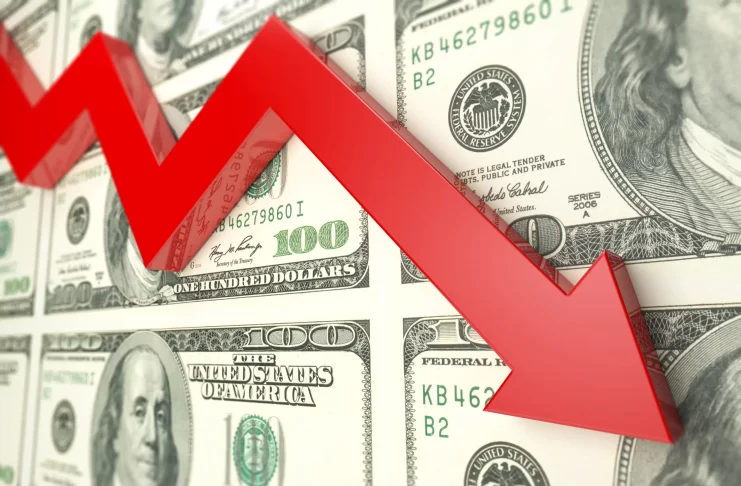Ask someone what the greatest threat facing the country is, and you'll get a host of answers generally aimed at making your hair stand on end. But what if someone said the greatest threat facing the U.S., and capitalism as a whole, is a lack of accountants?
That might seem like a non-starter. No accountants? So what? I do my own taxes, anyway. But there's a real, growing and potentially enormous problem building right now in the market economy because there just aren't enough accountants to go around. Writing in Bloomberg, Adrian Woolridge says accountants are essential for a smooth-running capitalist economy. Take them away, and instability flourishes:
Fifteenth-century Spain and 18th century France went bankrupt through (sometimes willful) ignorance of financial fundamentals as much as through overweening ambition. (Jean-Baptiste Colbert, the finance minister whose innovations revitalized France, gave Louis XIV an account book, perfectly designed to fit into his pocket, and encouraged him to enter his expenditure every day, but he dispensed with the discipline when Colbert died.) Two of the biggest shocks to the health of the financial system — the 2001 bankruptcy of Enron Corp. (and with it the 2002 collapse of Arthur Andersen) and the implosion of Lehman Brothers in 2008 — both involved dodgy numbers.
Which is another way of saying pay attention to the accountants sounding the alarm about a personnel shortage in their ranks:
The obvious result of the talent shortage is an erosion in the quality of audits. Public companies are finding it harder to get accountants to audit their books and, when they do find them, must often work them harder. Important checks are skipped, and errors (or dodges) go unnoticed. If companies are late filing, then they risk running afoul of the SEC; if they include errors, then they risk fines and adverse market reaction. Even small errors can lead to a plunge in stock prices.
The chances that US regulators will catch errors, or worse, are arguably also being reduced by the shortage of accountants: The SEC faces an attrition rate of more than 6%, with a growing proportion of the work done by temps. Poorer oversight increases the likelihood of another Enron out there: a big company that is playing fast and loose with its finances and will eventually collapse, bringing economic havoc in its wake.
Surely technology will save us, right? Nope:
…the big four (accounting firms) have been relatively bad at developing new technology, despite their huge resources, partly because they don't have enough expertise in technology and partly because they have a vested interest in the status quo. And there are also limits to the power of AI (or the power of AI as currently conceived): The most recondite accounting problems still require human judgement and political sensitivity. Bottom line: As the dearth of accountants deepens, look for the problems threatening the capitalist system to multiply.
Maybe accountancy – not coding – is the training discipline we need to instill in kids and displaced workers. It's not cool, it's hardly sexy, but…without accountants, all that code is just junk on a chip that no one can value, buy, sell, tax, regulate, invest in or improve.
READ NEXT: Police Hit With Major Blow – Where Do We Go From Here? >>



If we simplified the tax code, then we wouldn’t need so many accountants – and tax attorneys. Neither adds a nickel to the national wealth of the United States. Only those people who actually produce something or make something better add national wealth.
Information technology accounting applications have already reduced the number of accountants necessary for commercial and government organizations. This trend will increase – along with improved analysis and responsiveness on business financials and inventories. We will still need CPAs with impressive automation skills, but the need for armies of junior bean counters and book-keepers is rapidly disappearing.
Boost accounting with Voc Ed courses in schools